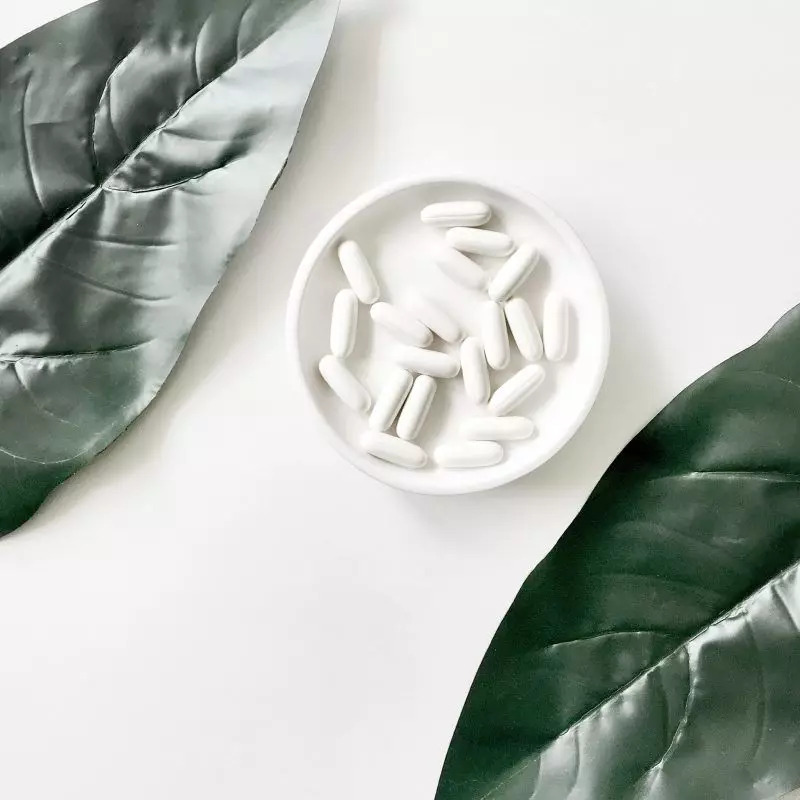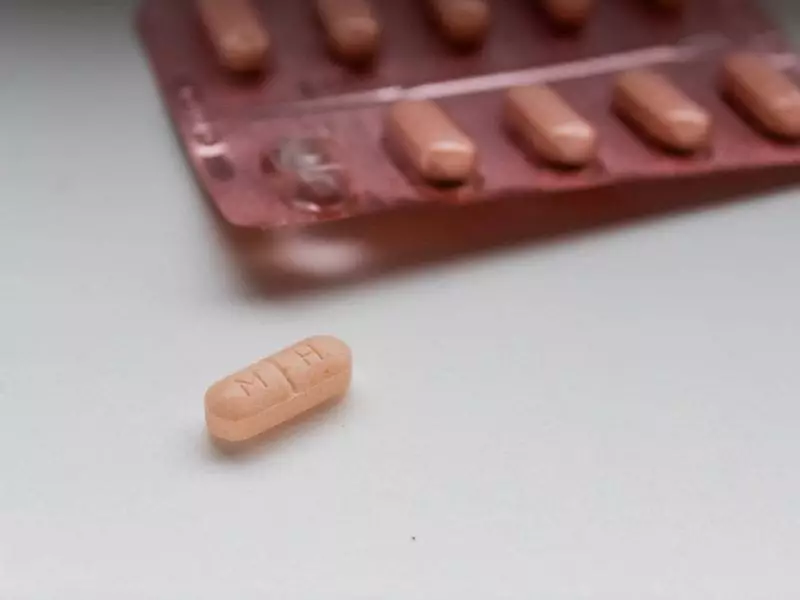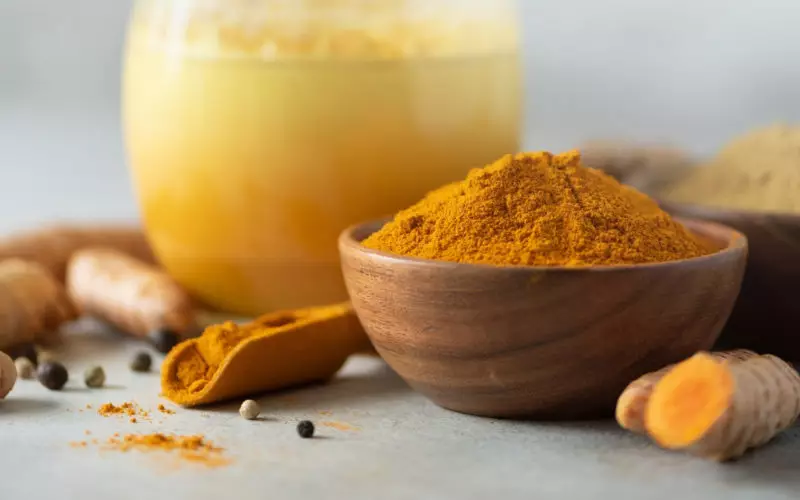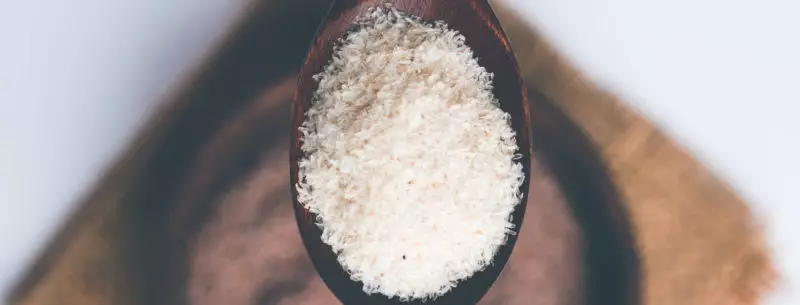
Did you know that the average American doesn’t eat enough dietary fiber? Fiber occurs naturally in various plant foods, including fruits, vegetables, nuts, seeds, and whole grains, and plays a key role in supporting health and wellbeing. [1]
However, with the fast-paced lifestyle and common lack of a diverse and balanced diet (rich in processed foods and refined carbs), many people reach for fiber supplements to compensate for their low fiber intake.
Popular fiber supplements include inulin, pectin, beta-glucans, and psyllium husk.
Psyllium husk powder is rich in both soluble and insoluble dietary fiber and is often used as a fiber supplement to relieve constipation, improve cholesterol and blood sugar markers, support effective digestion, facilitate weight management, and more! [2]
This article will guide you through the health benefits of psyllium husk powder and will give you some tips on how to include it in your diet!
Let’s get started!
In RawBeautySource we stand against self-guided supplementation. If you believe you are not consuming enough fiber, consult your healthcare provider about possible ways to increase your intake and ask them whether supplementation is suitable for you (considering your health condition).
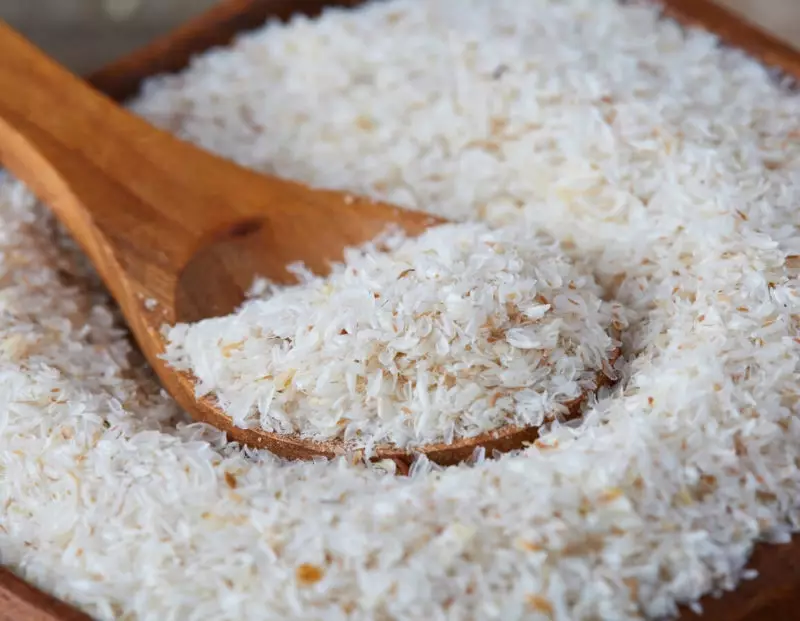
Why is psyllium husk healthy?
According to the website NutritionData, 9 grams of psyllium husk powder contains 7 grams of dietary fiber, which is about 28% of the recommended daily fiber intake [3] (soluble to insoluble fiber ratio: 70/30 [4]). The source also suggests that the powder contains trace amounts of iron and calcium.
Health benefits of psyllium husk powder
The health benefits of psyllium husk are generally associated with the naturally occurring soluble and insoluble fiber in the powder. Multiple studies have demonstrated that these benefits include improved cholesterol and blood pressure management, reduced risk of heart disease, weight management, blood sugar control, constipation relief, increased satiety, and improvement in IBS symptoms.
Let’s see the details:
Improved cholesterol profile
A 2018 study published in the American Journal of Clinical Nutrition suggests that the intake of psyllium fiber may positively affect cholesterol profile by reducing total and LDL (bad) cholesterol in study participants. [5]
Lower risk of heart disease
Evidence suggests that the cholesterol-improving properties of psyllium husk powder may be directly associated with a decreased risk of heart disease and atherosclerosis development/progression. [5][6]
Lower blood pressure levels
According to a 2012 study published in the British Journal of Nutrition, supplementing with psyllium fiber for 6 weeks may help improve high blood pressure in obese individuals. [7] However, the source suggests that sticking to a balanced diet rich in fiber may show better long-term results when it comes to hypertension improvement.
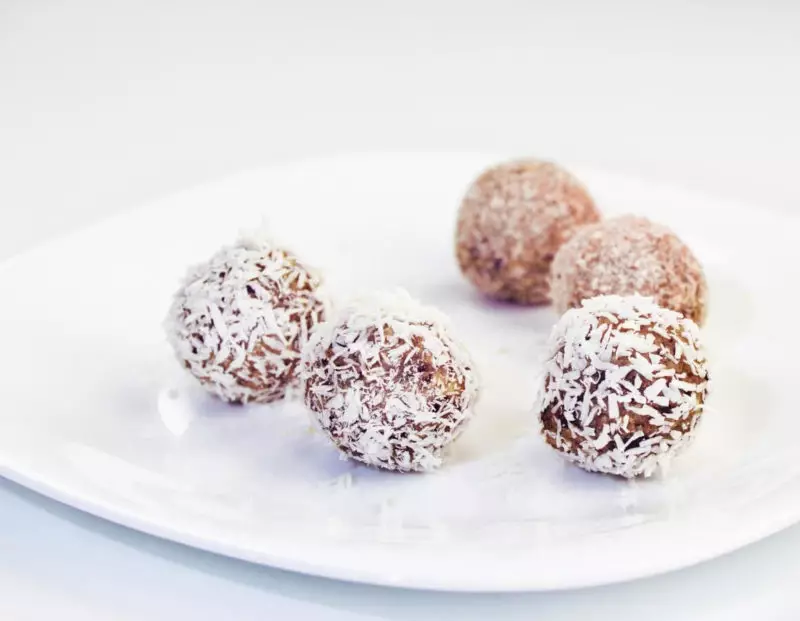
Weight management
Evidence suggests that daily consumption of 15 grams psyllium husk powder may reduce daily calorie intake and BMI, as well as facilitate weight loss by providing an increased feeling of satiety. [8]
Blood sugar control
According to a 2017 review paper published in the Journal of the American Association of Nurse Practitioners, regular psyllium husk fiber intake may significantly lower the fasting blood sugar of patients with metabolic syndrome and type 2 diabetes. The source also suggests that this type of fiber may improve glycemic control in healthy individuals and, this way, decrease the risk of health conditions associated with high blood sugar. [9]
Constipation relief
Evidence suggests that the soluble and insoluble fiber occurring in psyllium husk powder may improve stool consistency and relieve constipation by introducing water to the stools and facilitating bowel movement. [10]

IBS symptoms improvement
A 2017 review paper published in the International Journal of Molecular Medicine suggests that fiber supplementation (in particular psyllium husk powder) with the exception of oligosaccharides (which is highly fermentable fiber) could be safely and efficiently used in the management of IBS (Irritable Bowel Syndrome). [11]
Symptoms of IBS may include stomach pain, bloating, diarrhea, constipation, nausea, fatigue, and other GI-related symptoms. Intensity of symptoms may vary according to lifestyle, dietary, physical activity levels, and stress management. [12] Depending on the person and symptoms they’re experiencing, fiber may either aid or impede improvement in symptoms. Consult your doctor and registered dietitian to see if these supplements could be helpful for you.
How to use psyllium husk?
Psyllium husk is sold in both capsule and powder form. While the capsules could be directly ingested with water, the powder should be first dissolved in liquid and then ingested.
For capsules, the recommendation is to take one capsule at a time with a full glass of water. The source also suggests taking psyllium after a meal and to avoid taking it in the evening. [14]
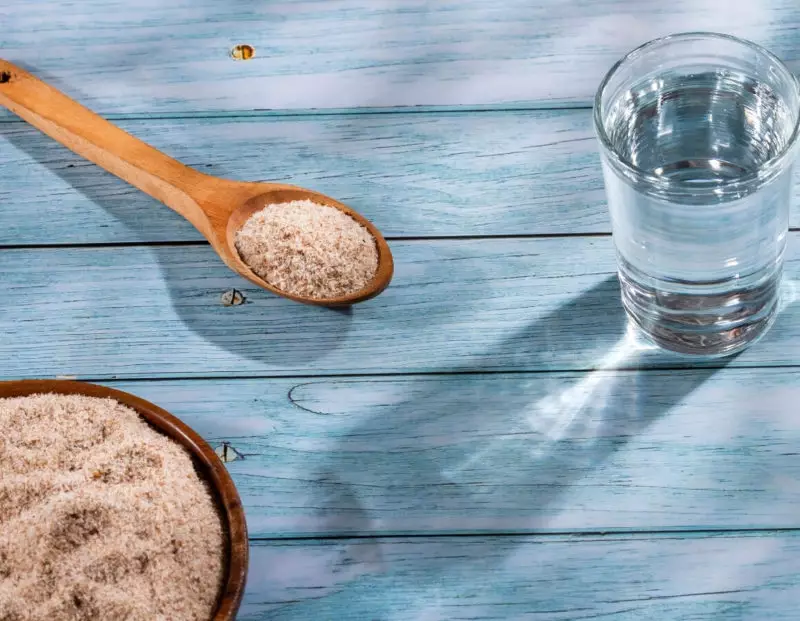
Psyllium husk side effects
While psyllium husk fiber is considered as a generally safe supplement, some people may experience side effects (due to excess consumption, allergy, or intolerance) [13]:
- Hives
- Swelling on face or mouth
- Constipation lasting longer than 7 days
- Severe stomach pain
- Bloating
- Minor changes in bowel habits
- Rectal bleeding (very rarely)
Following the recommended daily allowance for psyllium consumption may help prevent excess food intake and decrease the risk of side effects. According to the website Drugs.com, the usual adult dose of psyllium husk powder is [13] :
- 38g/day for men (age 19 to 50)
- 25g/day for women (age 19 to 50)
- 28g/day for pregnant women
- 29g/day for breastfeeding women
If you experience any side effects, consult your healthcare provider to avoid complications and ensure optimal benefits of the psyllium powder.



